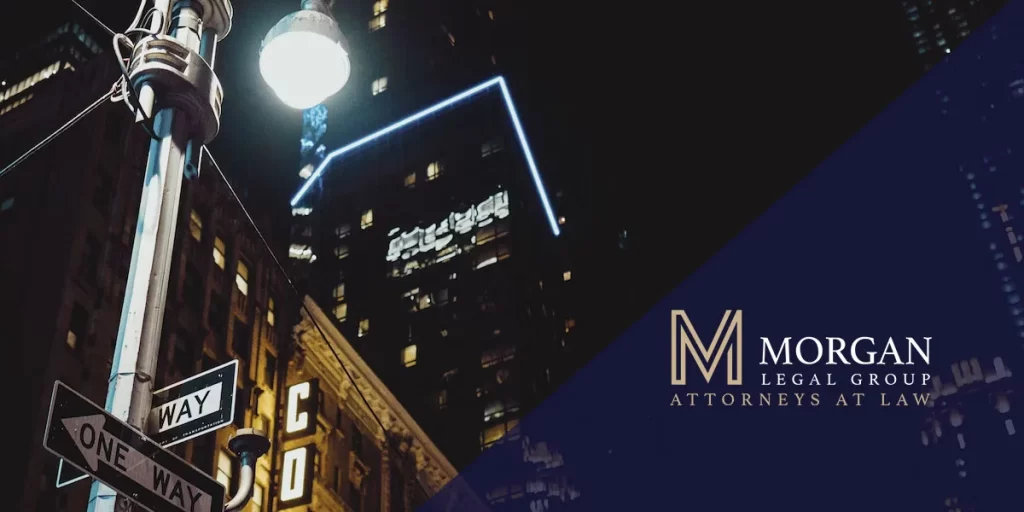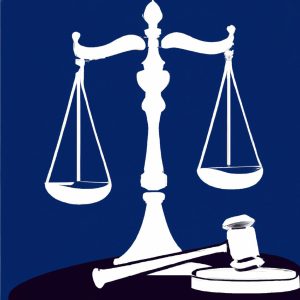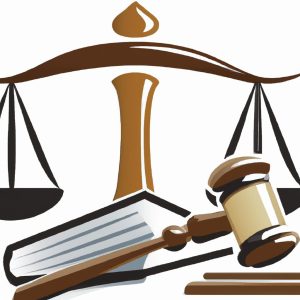The Document Exception for a Will in New York
When it comes to estate planning, creating a legally valid will is a fundamental step to ensure your wishes are carried out after your passing. In New York, as in other states, specific legal requirements must be met for a will to be considered valid. One of these requirements is known as the “Document Exception.” At Morgan Legal Group, we understand the importance of creating a legally sound will that complies with all New York State Laws. In this comprehensive guide, we’ll explore the Document Exception for a will in New York and how you can ensure your will meets all legal requirements.
Understanding the Document Exception
The Document Exception is a crucial aspect of New York State’s laws regarding wills. It pertains to how a will must be executed or signed to be legally valid. In New York, a will typically requires the following key elements:
- Testamentary Capacity: The person creating the will (the testator) must have the mental capacity to understand the nature and extent of their property and the beneficiaries they are naming in their will.
- Free Will: The testator must create the will of their own free will without undue influence from others.
- Proper Execution: This is where the Document Exception comes into play. In New York, a will must be signed at the end by the testator, or by someone else in their presence and at their direction. Additionally, it must be signed in the presence of at least two witnesses who must also sign the will.
It’s this requirement of “proper execution” that forms the basis of the Document Exception.
When Does the Document Exception Apply?
The Document Exception applies in situations where a will does not meet the traditional execution requirements due to certain technicalities or mistakes. However, New York law provides some flexibility to validate a will under these circumstances.
Some common scenarios where the Document Exception might apply include:
- Issues with Witness Signatures: If one of the witnesses fails to sign the will, or if their signature is missing, the Document Exception may be used to validate the will if there is clear and convincing evidence that the testator intended the document to be their will.
- Testator’s Signature: If the testator was physically unable to sign the will but acknowledged it as their will in the presence of witnesses, the Document Exception may apply.
- Forgery Claims: In cases where there are allegations of forgery or improper signing, the Document Exception can be a critical factor in resolving the validity of the will.
Challenges and Legal Proceedings
When the Document Exception is invoked, it often leads to legal challenges and court proceedings to determine the validity of the will. This is why it’s crucial to consult with an experienced estate planning attorney, like those at Morgan Legal Group, who can navigate these complex legal matters on your behalf.
Preventing Document Exception Challenges
The best way to avoid potential challenges based on the Document Exception is to ensure your will is executed correctly from the outset. This involves:
- Working with an Experienced Attorney: An experienced estate planning attorney can guide you through the process, ensuring that all legal requirements are met.
- Proper Execution: Make sure your will is executed correctly, with your signature, the signatures of two witnesses, and all necessary acknowledgments.
- Regular Updates: Periodically review and update your will to reflect any changes in your circumstances or wishes.
Conclusion
The Document Exception for a will in New York is a critical legal concept that can impact the validity of your will. To ensure your will meets all legal requirements and avoid potential challenges, working with an experienced estate planning attorney is essential. At Morgan Legal Group, we deeply understand New York State’s laws regarding wills and can provide the guidance you need to create a legally sound will that reflects your wishes.
Contact us today to discuss your estate planning needs and how we can help you navigate the complexities of will execution under New York law.





